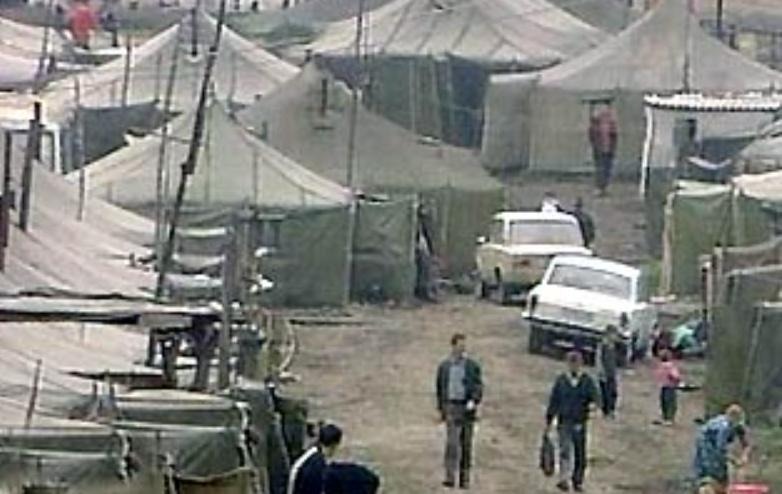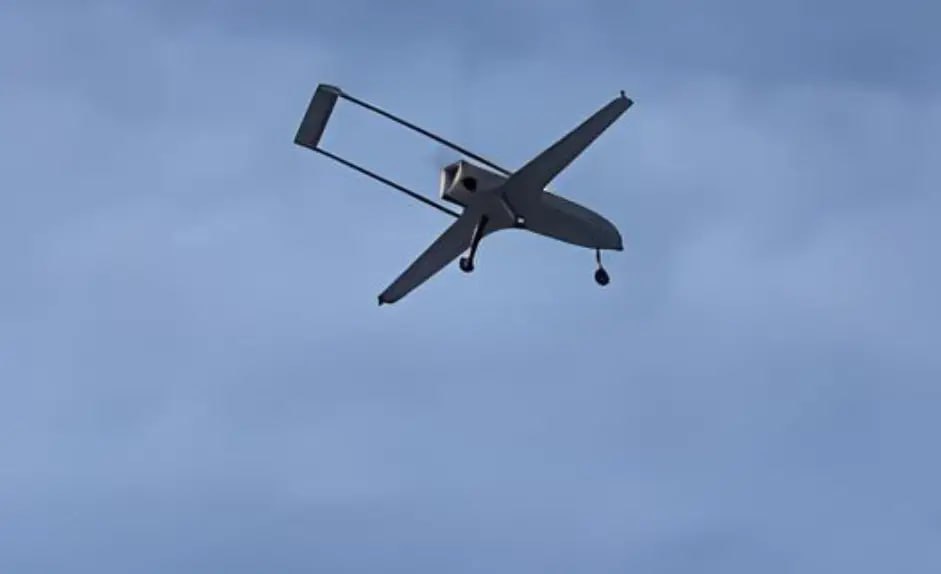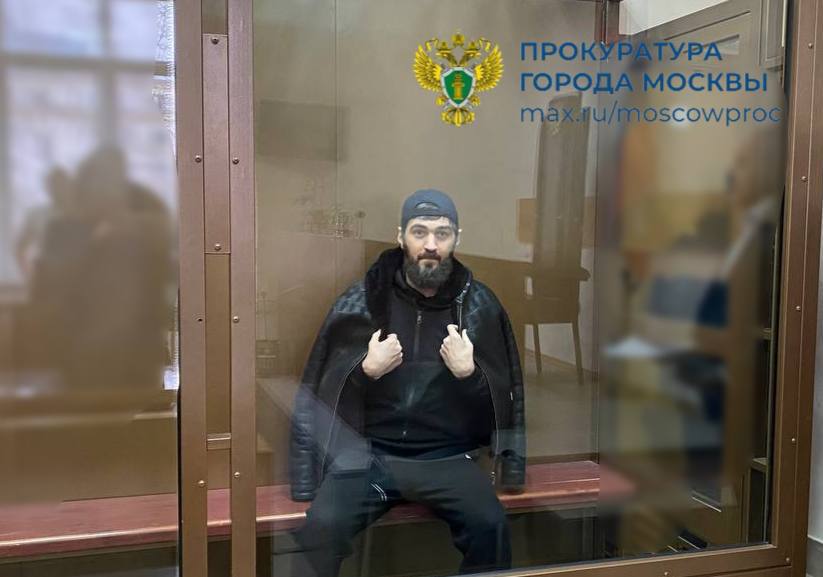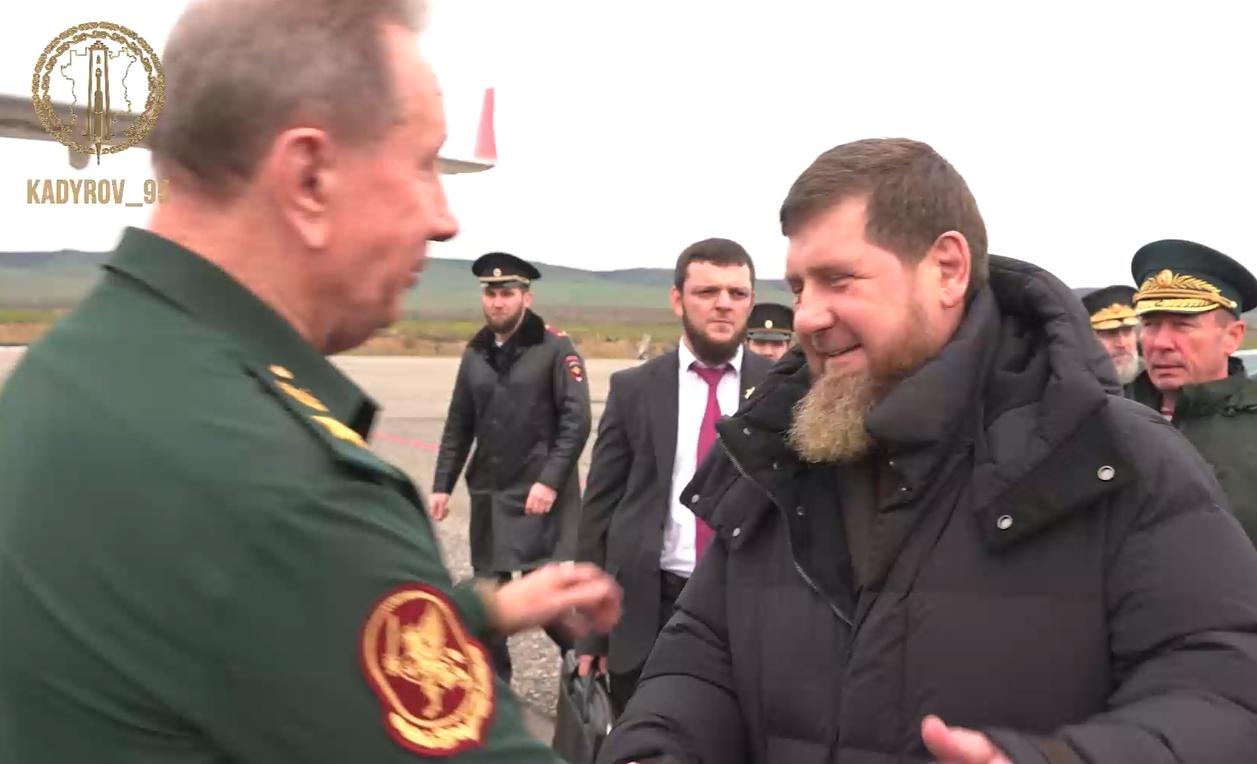Впервые за несколько месяцев Ингушетия подверглась атаке беспилотных летательных аппаратов (БПЛА). Два дрона упали в Малгобекском районе республики.

July 22, 2001
***
In the summer of 2001, the Russian leadership and the administration of the Chechen Republic intensified their attempts to return to their places of permanent residence refugees (forced migrants, as they are usually called in official sources) who had settled in the territory of neighboring Ingushetia. The armed conflict in the North Caucasus has been going on for more than twenty months, more than a year since the large-scale hostilities ended, the Russian security forces are conducting a police operation, in fact, the operation, and the CRI WF is a guerrilla war. All this time, the problem of internally displaced persons in Ingushetia continued to be, if not the most painful, then the most obvious manifestation of the conflict. It will finally be resolved only after people return to their homes - the question is when the conditions for this will be created. However, there has always been a great temptation to "close" this problem in a strong-willed way.
So, on September 25, 1999, by telephone message from General Vladimir Shamanov, the borders of neighboring subjects of the federation were blocked for residents of Chechnya who had fled from the zone of battles and bombardments. If the authorities of Ingushetia had carried out this barbarous order (as well as the leadership of other subjects of the Russian Federation), today the problem of internally displaced persons would not exist in the republic as such, and hundreds of thousands of people would be locked up "in the zone of silence." The President of the Republic of Ingushetia, Ruslan Aushev, had the courage to go against the federal government. Attempts to close the Chechen-Ingush administrative border again in October 1999 and January 2000 did not last long, primarily because of the quick and harsh reaction of the world community to this. As a result, during the first war winter, the total number of forced migrants from Chechnya to Ingushetia almost equaled the size of the local population. The small republic received people, the flow of which increased every day, placing them how and where it would turn out. Someone stayed with relatives and friends, someone rented housing for money. For the rest, tent camps were erected on an emergency basis, and trains were installed. People were placed in the buildings of state institutions: sanitary and epidemiological stations, kindergartens, construction and installation departments, etc. There weren't enough places. Farms (sheep pens, poultry farms) began to settle in. With the onset of cold weather, the situation in the republic was close to a humanitarian catastrophe, and only thanks to the operational work of the leadership of Ingushetia and the assistance provided by foreign humanitarian organizations, it was avoided.
At the same time, the Russian authorities made the first attempts to return the inhabitants of Chechnya back to the republic, to the regions and settlements previously declared "security zones". They were not always returned voluntarily - unexpectedly for the inhabitants, several dozen wagons were transported from Ingushetia, in which internally displaced persons huddled. However, the price of this “security” became obvious already in February 2000, when the Russian command, trying to stop the Chechen detachments defending Grozny from reaching the plain, attacked them, simultaneously destroying settlements declared safe to live in.
Although the power structures have repeatedly expressed their desire to return the forced migrants, in the spring of 2001 in Ingushetia only 148,933 people were officially registered. In total, since the beginning of the war, a total of 308,050 people have passed through the migration service of this republic, including those who remained and those who subsequently left its territory for various reasons.
On April 6, 2001, a decision was made to terminate the registration of refugees from Chechnya, although until that day their number had only increased. If, according to the Ministry of Emergency Situations of Ingushetia, on September 29, 2000, 141,348 people were registered, then on December 8, 2000, already 142,791, on February 15 of the next 2001 - 144,375, and on March 2, 2001 - 148,273 people. According to the Danish Refugee Council, which keeps records of humanitarian aid recipients, there are even more, about 170,000.
There is an opinion that this number is many times overestimated, but the true meaning of such conversations was explained by the requirement to send humanitarian aid, bypassing Ingushetia, where control over its distribution is allegedly insufficient and corruption is possible, directly to Chechnya, exclusively through state structures. It is unlikely that the “switching of financial flows” will help return the internally displaced persons to their homeland: their number did not decrease even in the first six months of the war, when the situation in the camps was on the verge of a humanitarian catastrophe.
At the same time, even after the termination of registration, the territory of Chechnya continues to leave its inhabitants. According to the UNHCR, 950 people left in May alone. And in the period from June 5 to June 12, 2001, the approximate number of refugees who arrived in Ingushetia, mainly from Grozny and the regions adjacent to it, amounted to 400 people.
Any military activity leads to an outflow of people. For example, the latest "cleansing operations" in the border settlements and in the villages of the Kurchaloy district. In just one night, about 900 people left Assinovskaya and Sernovodsk. According to unofficial data, the number of refugees in Ingushetia has increased by 3,000-4,000 due to the residents of these two villages.
Refugee camps and places of compact living are just the tip of the iceberg. There are only 53,890 people in them. The rest settled in the private sector, and many rent apartments for a fee. Naturally, there can be no question of a voluntary and even more so mass return of refugees. And it's not about material or humanitarian aspects: people don't return because no one in Chechnya can give them a guarantee of security.
On the territory of Ingushetia, there are more than 70 places of compact settlements of forced migrants. The largest of them are tent camps on the outskirts of Ordzhonikidzevskaya station: "Sputnik" (8006, and taking into account the unregistered people up to 9000 people); "Bella" (5427, in fact, more than 6000 residents); "Alina" (5300, unofficially - 5800) and "Satsita" (5200 people). In addition, there are tent camps in the city of Karabulak (“Bart” - 6000 inhabitants) and in the village of Aki-Yurt (3662 people).
The situation with the improvement and expansion of these camps has remained unchanged until recently. No funds were allocated from the federal budget for their preparation for winter conditions. Humanitarian organizations were engaged in improving the life of refugees. But it is possible that there will be some progress in this matter. Arriving in Ingushetia in the summer, the Minister for Federation Affairs, National and Migration Policy of the Russian Federation A. Blokhin said that he did not share the optimistic mood of the Chechen administration regarding the return of refugees, and instructed to begin the necessary work to prepare the camps for the upcoming winter. He identified the following issues as priorities:
- replacement of old and unfit for habitation tents (approximately 700-800 tents may be required for these purposes);
- laying roads, gasification, water supply, etc. in those camps, without which it will be impossible to do.
As for the issue of building additional places for the resettlement of refugees, then, as the minister said, he is not in his power to resolve such issues.
At present, according to the Ingush Ministry of Emergency Situations, there is an acute shortage of bed linen, mattresses and beds in the refugee camps. As winter approaches, it will be necessary to insulate the tents, equip them with stoves, and replace old stoves with new ones. The government of the Russian Federation does not allocate the required financial resources to prepare compact settlements for winter, hoping to return people to their places of former residence, regardless of the safety of living in Chechnya.
Through the Ministry of Federation of the Russian Federation, food is distributed once a month in refugee camps: cereals and canned food. But the federal center allocates funds only for the so-called. compacts. On April 1, Decree No. 163 of the Government of the Russian Federation (dated March 3, 2001) came into effect, the second paragraph of which, in particular, reads: “Federal budget funds are used to pay for the following expenses: a) the purchase and delivery of food products for citizens located in temporary accommodation centers and premises rented from legal entities (except for those located in the private sector), at the rate of 15 rubles per day per person ...” Thus, at least 100 thousand internally displaced persons were left without state support. And this is despite the total debt of the federal center to the territorial department of the Ministry of the Russian Federation for Federation and Migration Policy on the territory of the Republic of Ingushetia, amounting to about 500 million rubles. As of the beginning of March 2001, the debt for refugees alone was 171 million rubles. And these numbers are constantly progressing. The last transfer of funds for the needs of migrants from Chechnya was made by the government of the Russian Federation on December 28, 2000 (data as of the end of April 2001). With such an approach by the state to the needs of refugees, people who were forced to leave their homes without the help of various humanitarian organizations could find themselves in an extremely difficult situation.
In all camps, the problem of medical care is acute. Even patients with severe chronic diseases, especially diabetes mellitus, oncological diseases, and tuberculosis, are not provided with the necessary medicines. The greatest concern is the state of health of the so-called. risk groups: children and the elderly.
In conditions of camps and overcrowding, the infection quickly acquires the character of epidemics. An equally important role in the emergence and spread of infectious diseases is played by monotonous nutrition. There are no fruits and vegetables on the refugee menu. People who have lived two winters in extremely difficult conditions have a weakened immune system. A characteristic feature of the camps: refugee children under the age of three often suffer from anemia, rickets, and malnutrition (low nutrition). No more prosperous picture among pregnant women and nursing mothers. Almost all of them also have varying degrees of anemia. The supply of infant formula to infants is extremely rare, and in some places non-existent. Among young and middle-aged people, diseases caused by neuropsychiatric disorders predominate: vegetative dystonia, manifested by hypotension, hypertension, cardiology (pain in the heart area). Diseases of the neuropsychic system affect not only adults, but also children. Symptoms of post-traumatic stress disorder often manifest themselves in children with various kinds of disorders. For example, insomnia and nightmares, enuresis, dermatological disorders, etc. In the emotional sphere, they are characterized by increased anxiety and high susceptibility to various fears. Some children are hyperactive, aggressive, irritable. The mental state of these children requires urgent professional intervention, since the lack of necessary psycho-rehabilitation, social and medical measures and unbearable living conditions can lead to a pathology of personality development. There are only 64 medical institutions in the republic (district, city, rural, district hospitals), and they are not able to accommodate all sick refugees who need hospitalization.
Despite all the difficulties, the refugees are in no hurry to return home and will surely spend their third winter in Ingushetia. No humanitarian supplies are able to solve the problem of the return of internally displaced persons to their homeland. The main reason has already been mentioned - this is the lack of security, non-observance of human rights on the territory of the warring republic. As a consequence of this, there is distrust in the leadership of Chechnya appointed from Moscow. “Since there is no security, why do we need such leadership?” Refugees often say.
From the book "People Live Here", Usam Baisaev, Dmitry Grushkin, 2006



